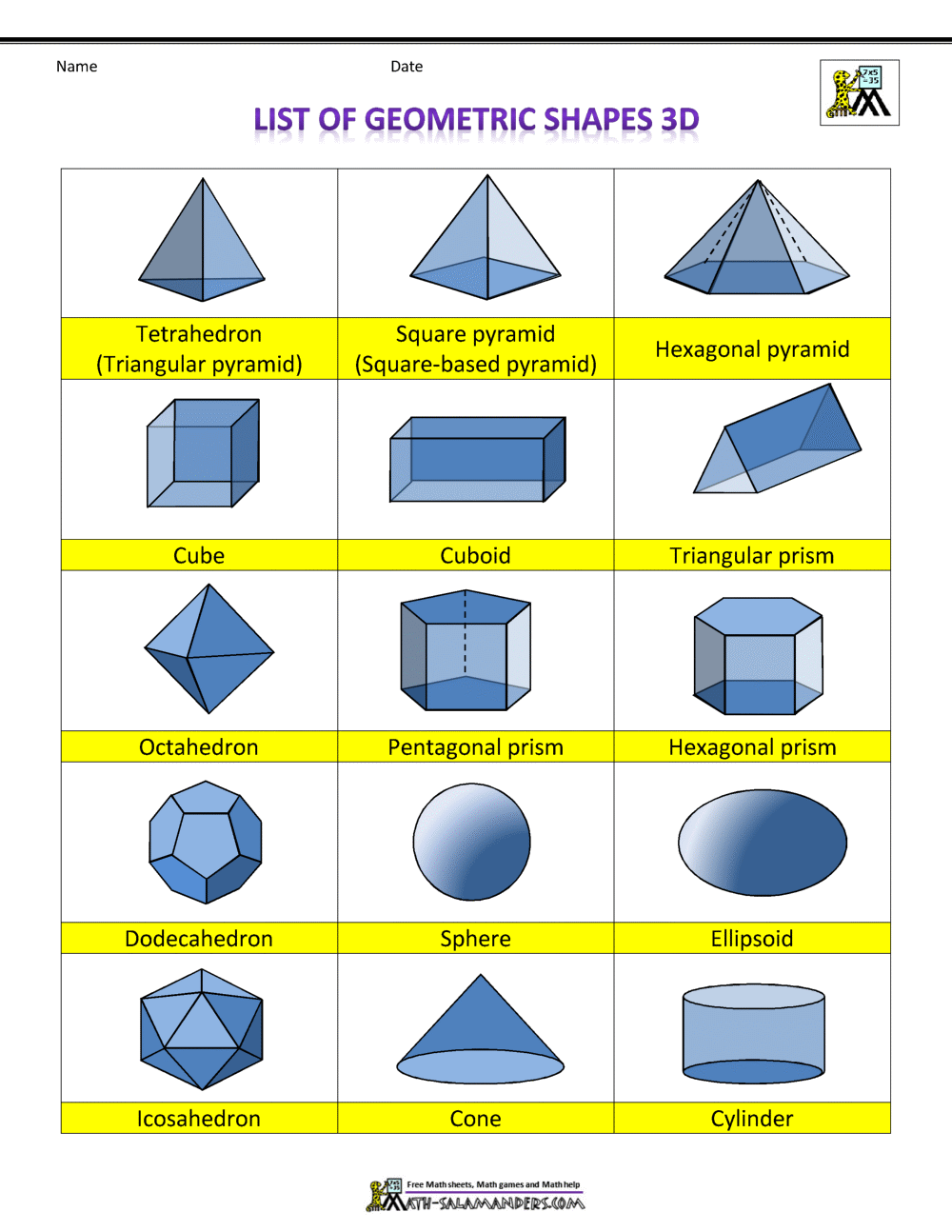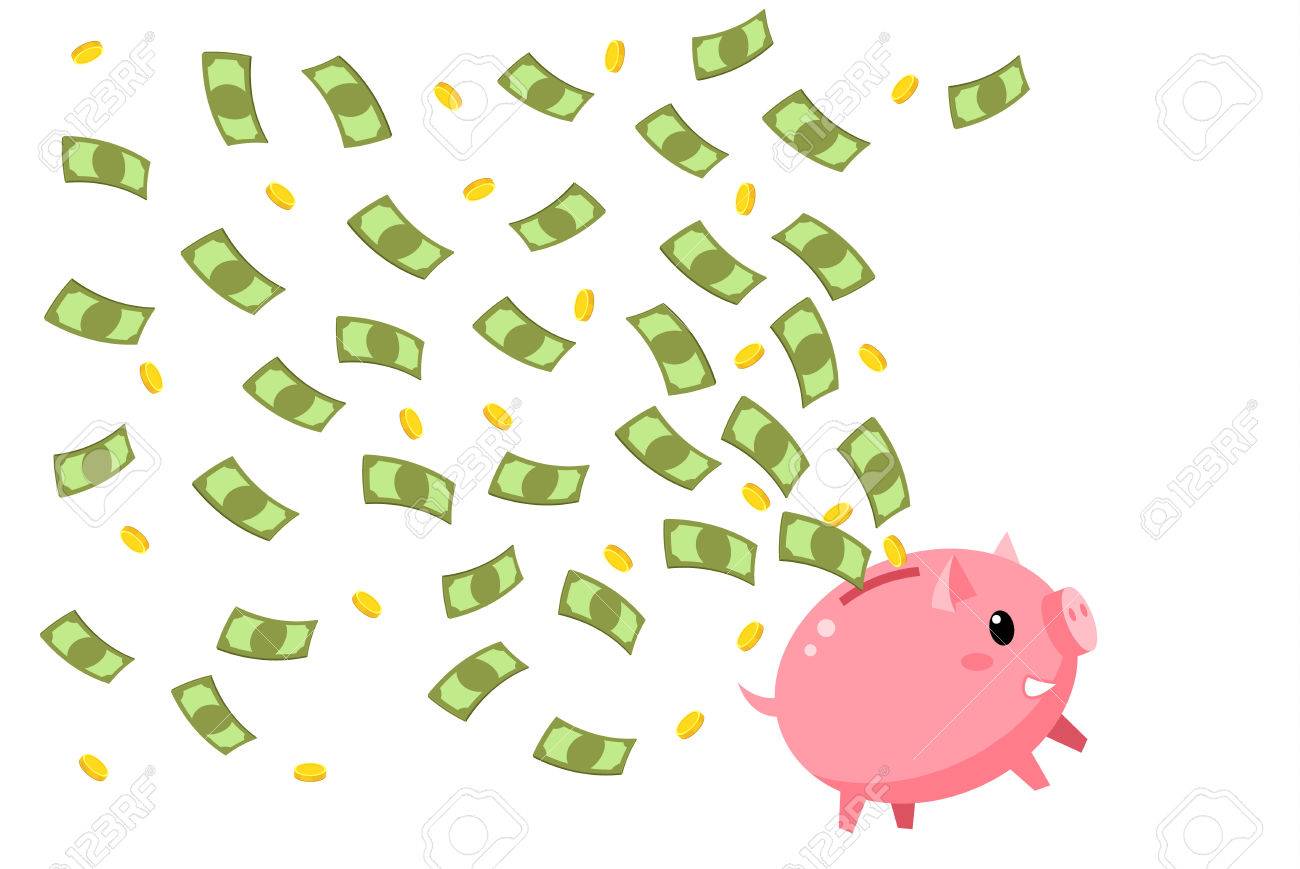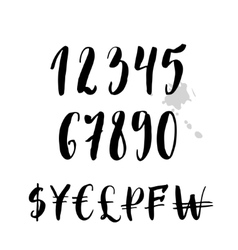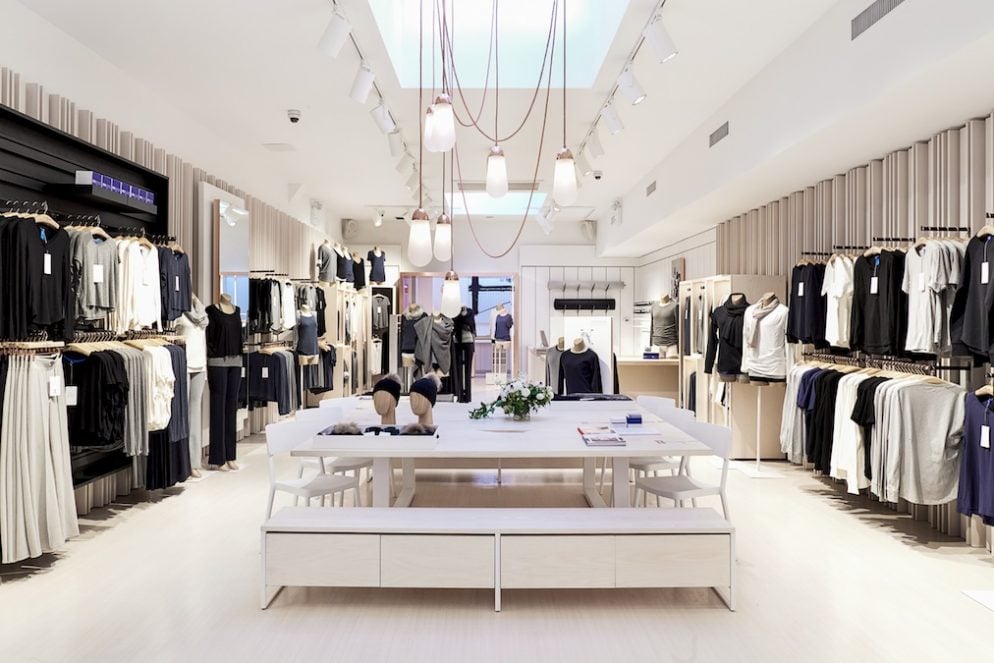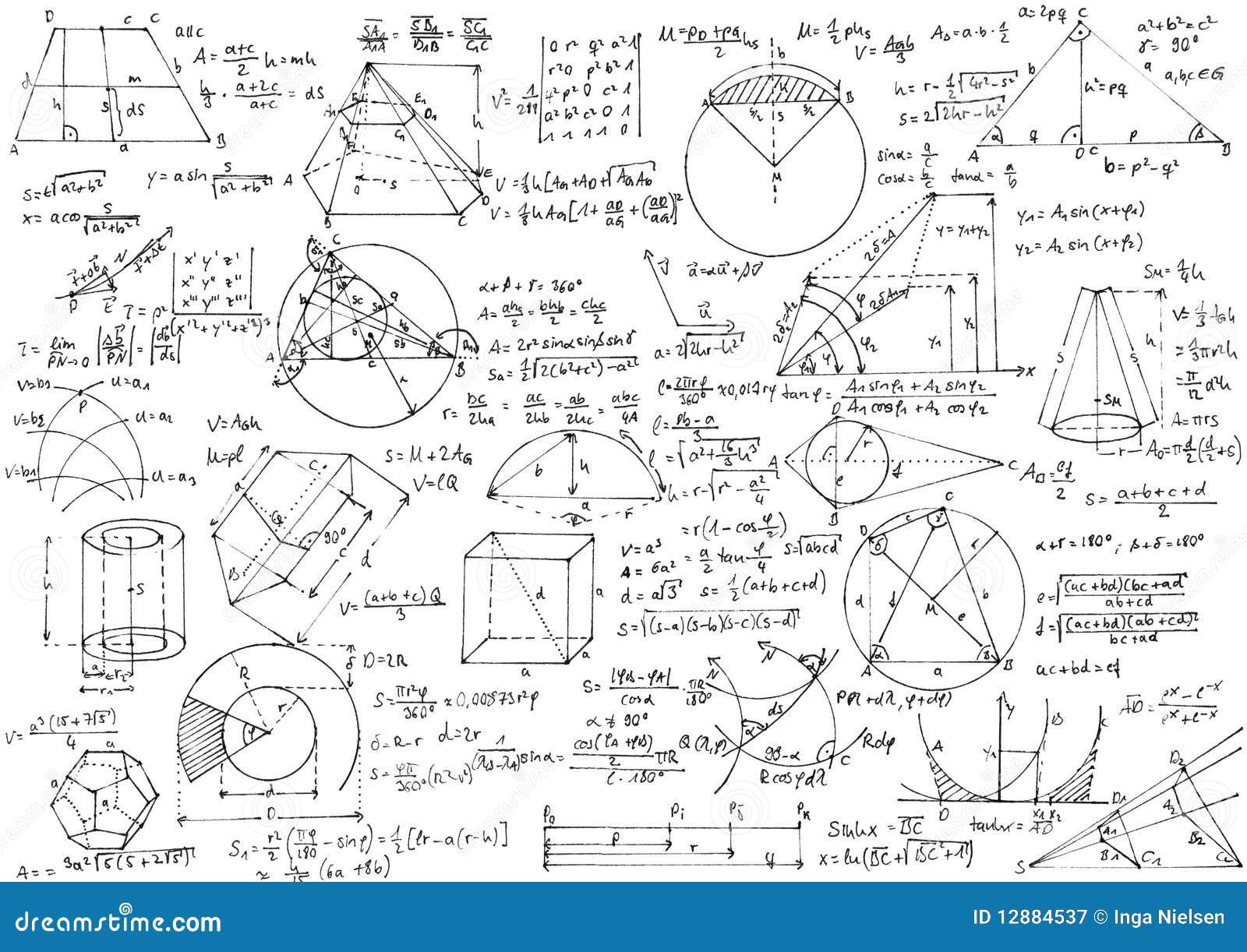Sleeves, pant legs and even bodices start out as nets. When fashion designers cut them out of the fabric, they’re flat– and they may not look at all like what they’re meant to be. A cap sleeve may look like a semicircle at first. Attach it to the arm hole, and it curves over the shoulder. So fashion designers need net drawing to make clothes. At first, it’s flat, but when you fold it or sew them together, it become 3 dimensional.


